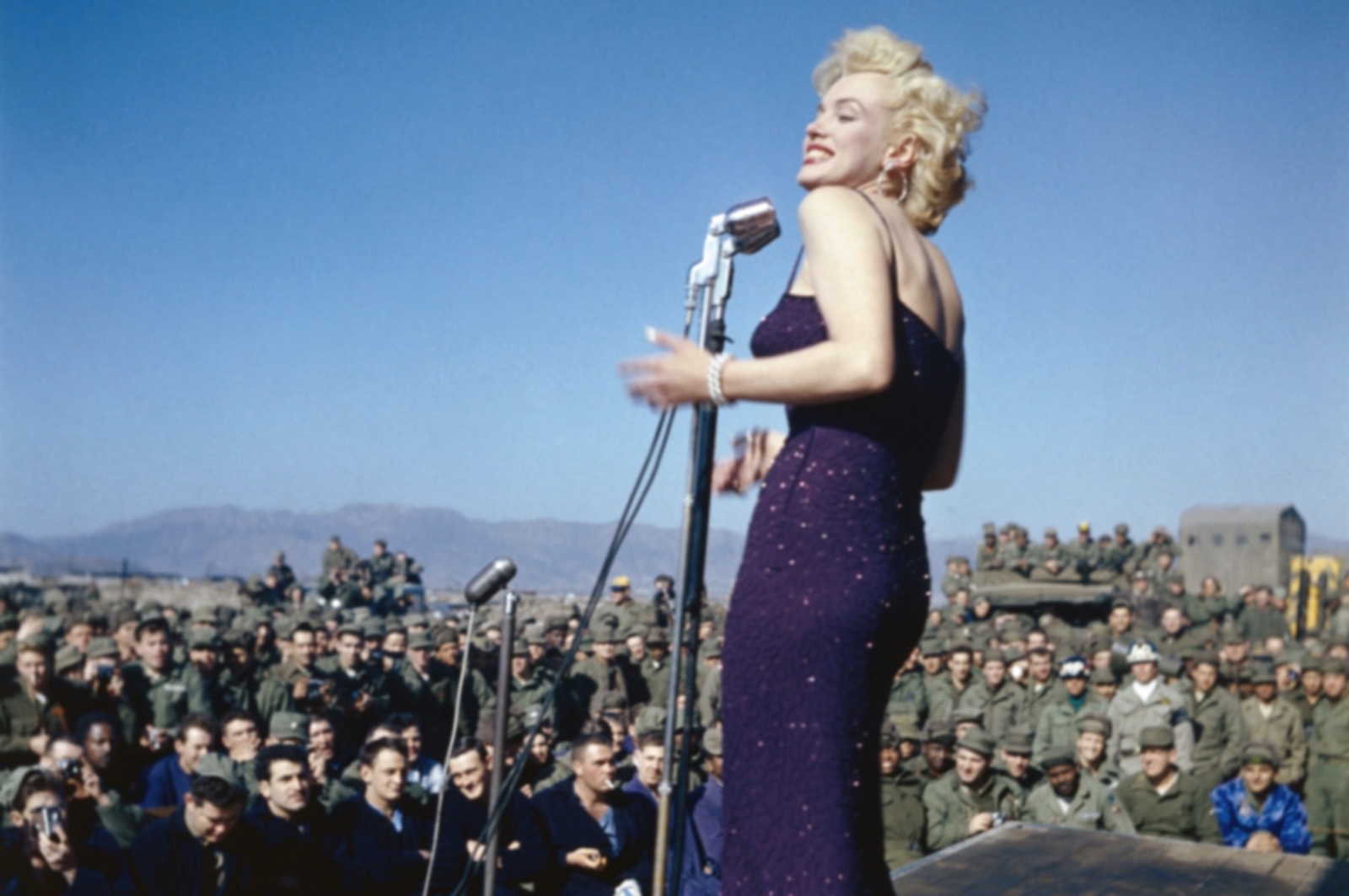The Diary's Alleged Contents
Bobby Kennedy promised to marry me (Slatzer 1), a direct quotation Slatzer attributed to Marilyn. That sensational quotation opens his 1974 book, one which chronicles his alleged relationship with and the death of Marilyn Monroe, who he labeled a “beautiful loser.”1I often wondered from what this odd descriptive developed. I finally found the explanation in Will Fowler’s collected documents.According to Slatzer, he and Marilyn visited a beach at Point Dume in July of 1962; and while Marilyn was seated beside him on a blanket, she rifled through her handbag, from the bottom of which she came up with a small book with a red cover (Slatzer 10), obviously Marilyn’s Little Red Diary. She handed her diary to Slatzer, he claimed; and then she asked him to glance through it and take some notes, an odd request by Marilyn that Slatzer left unexplained. If he was already familiar with the diary’s contents, as he asserted, why, then, was he shocked by some of Marilyn’s entries, particularly by those pertaining to Bobby Kennedy, as he also asserted; and why would Marilyn request note taking? That request seems―well, mildly nonsensical and unnecessary.
Thirty-two years later, in 2006, Jeanne Carmen testified in her memoir that she saw the infamous diary on many occasions: Marilyn idly left the book lying around in plain view. Carmen claimed that she glanced through Marilyn’s diary at least once; and according to Marilyn’s best gal pal, the diary contained sensitive information about the middle Kennedy brothers, other government officials and nefarious mobsters along with direct statements about various plans to murder Fidel Castro, plans formulated by the middle Kennedy brothers, intelligence agents and the MOB. Carmen alleged that Robert Kennedy also saw Marilyn’s diary; but from the actual list of witnesses, I have excluded the attorney general: he never directly testified to its existence nor made any verbal claims regarding Marilyn’s Red Book of Secrets, not that I know of anyway. To that event, we only have Jeanne Carmen’s curious and suspect testimony.
As I have already indicated in the sub-section dedicated to Ted Jordan and his dubious memoir, Norma Jean: My Secret Life with Marilyn Monroe, he asserted that Marilyn gave him her Little Red Diary just four days before her death. On August the 1st, she appeared at Jordan’s apartment at an unspecified time in the evening. In one hand, she carried a collection of documents, along with her Little Red Diary, while in her other hand, she carried an open bottle of champagne. After Marilyn handed her diary to Ted, he quickly flipped through its pages and noticed that a considerable amount of time had elapsed since Marilyn’s last entry.
Donald Wolfe, according to his source notes, interviewed Michael Rothmiller in 1998. Twenty years earlier, in 1978, Rothmiller worked in the OCID file room, which allegedly housed confidential data including the police department’s files regarding Marilyn and the LAPD’s investigation into her death. Those files, according to Rothmiller, contained not Marilyn’s original Red Book of Secrets but a copy thereof. Neither Rothmiller nor Wolfe offered any statements regarding the copy’s type or when the copy was made. In 1962, making copies of documents, and particularly books, was not as easy and convenient as it is today or as it was in 1998. According to the Smithsonian.com, the first functioning xerographic plain paper copier produced by the Haloid Company, ultimately the Xerox Corporation, was not shipped until March of 1960. That 650 pound behemoth was sold to Standard Press Steel, a manufacturer of metal fasteners in Jenkintown, Pennsylvania; but copiers based on that production model were unreliable. The Xerox plain paper copier would, after several years and several design improvements, become commonplace when businesses and bureaucracies realized just how much they needed Chester Carlson’s invention.
Rothmiller told Wolfe that Marilyn’s diary was more like a journal; and most of her entries memorialized her conversations with the middle Kennedy brothers. There were other entries, though, ranging in topics from Frank Sinatra and the MOB to Cuba and the Soviet Union. Rothmiller recalled that Marilyn’s moniker for Fidel Castro was Fidel C. Apparently Rothmiller did not reveal any more than the preceding brief account; so for more information on the diary’s contents, Wolfe relied on Robert Slatzer, certainly a questionable stratagem and tactic. Samir Muqaddin’s memoir, however, offered a much more detailed view into Marilyn’s mysterious diary along with her treacherous and mysterious daily activities.
